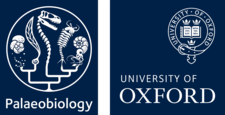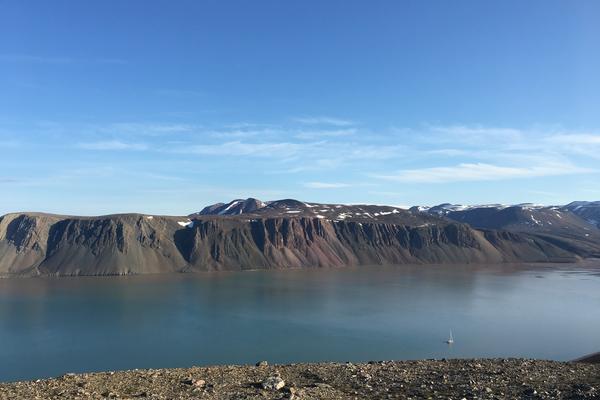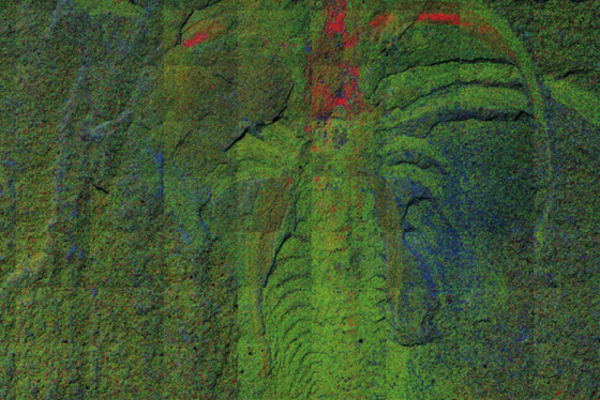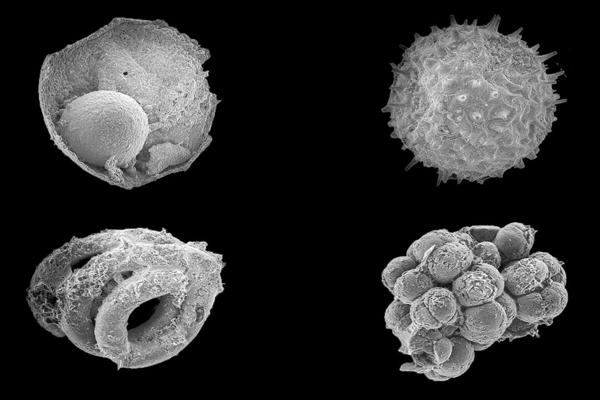Associate Professor Ross Anderson
Preserving the rise of complex life
Early life, Earth history, Geobiology, Palaeobiology, Taphonomy - Exceptional Preservation
The emergence and diversification of complex life is the most fundamental biological transition in the history of the Earth. My lab uses exceptional fossils to chart the evolution of eukaryotes (those organisms with membrane-bounded organelles), multicellularity, cellular differentiation, and animals, through the Proterozoic Eon (2.5-0.5 billion years ago). Understanding how changing fossil diversity correlates to environmental changes—and the Proterozoic Eon sees some of the largest in Earth history—is vital to determining evolutionary drivers.
Not only do we seek new fossils that provide this important palaeobiological information, we critically interrogate the nature of the fossil record. Before the terminal Proterozoic advent of biomineralisation, fossilisation is confined to poorly understood and unusual circumstances that preserve organic remains. My lab uses novel analytical techniques on fossiliferous strata to understand the conditions conducive to preservation, with a specific focus on microbe-mineral interactions. Such research is crucial to our ability to robustly interpret the temporal and ecological range of fossil organisms. It can also provide new insights into their original chemistry and biology.
My lab is always looking for talented and motivated researchers. If you are interested in joining our group as a doctoral student or post-doctoral researcher, please contact me via email.
Current Research Highlights
Research Bio
Ross Anderson received a bachelor’s degree (2012) in Earth and Planetary Sciences from Harvard University, before master’s (2014) and doctoral (2017) degrees in Geology and Geophysics from Yale University. At Yale, his doctoral work was funded by a NASA Earth and Space Science Fellowship.
Ross was elected a Post-Doctoral Research Fellow in Life Sciences at All Souls College, University of Oxford in 2017. In 2022, he was awarded a Royal Society University Research Fellowship at Oxford's Department of Earth Sciences and, in 2024, was appointed as Senior Researcher of Natural History at the University Museum of Natural History. Since 2024, he has also served as Interim Head of Research at the Museum and was made Associate Professor of Natural History in 2025. He continues as a Fifty-Pound Fellow at All Souls College.
Ross was a recipient of the President’s Prize of the Palaeontological Association in 2017.
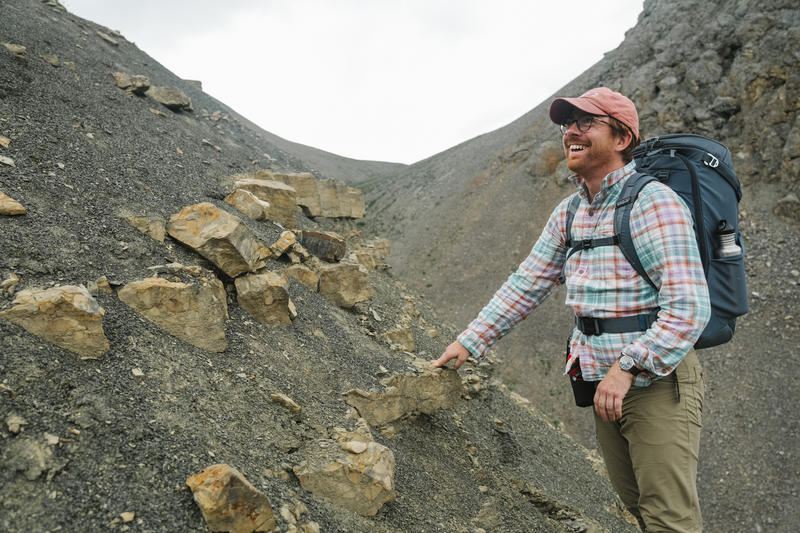
Credit: Robert Gill
| Email: | ross.anderson@oum.ox.ac.uk |
| College: | All Souls |
| GOOGLE SCHOLAR |
